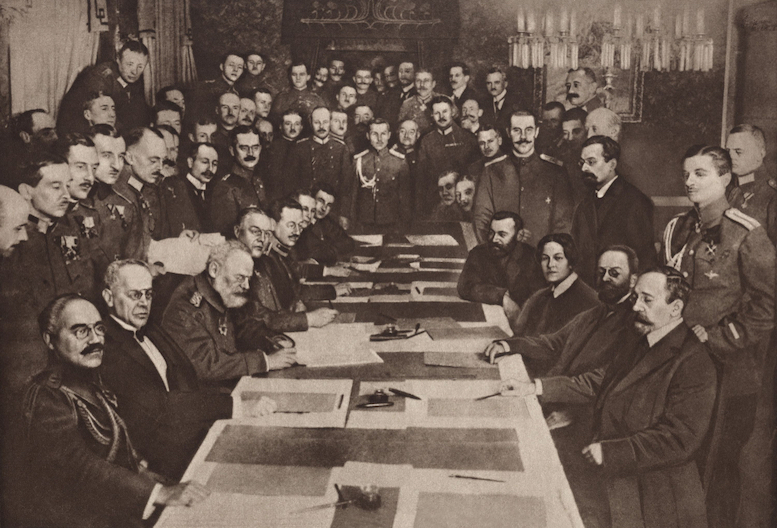On June 28, 1919, the Treaty of Versailles was signed at the Palace of Versailles, marking the end of the five-year World War I.
The upsurge of WWI started on July 28, 1914, following the assassination of Austrian Archduke Franz Ferdinand. The aftermath of World War I brought down empires and created numerous new nation-states. To a large extent, there was a shift in the political, cultural, economic, and social state across Eurasia, Africa, and areas outside those that were directly involved in the war.
The Treaty also pledged the establishment of the League of Nations, tasked with solving international conflicts and fostering peace.
The League of Nations is considered the predecessor of the United Nations. It was created after World War I to provide a diplomatic forum for resolving international disputes before they erupted into open warfare. The League convened its first council meeting on January 16, 1920, and had its headquarters in Geneva, Switzerland.
Unfortunately, the League had no armed force of its own and had an inability to enforce its resolutions and economic sanctions. The league's success depended on the involvement of the Great Powers, who were mostly reluctant. As a result, WWII broke out only two decades later.

